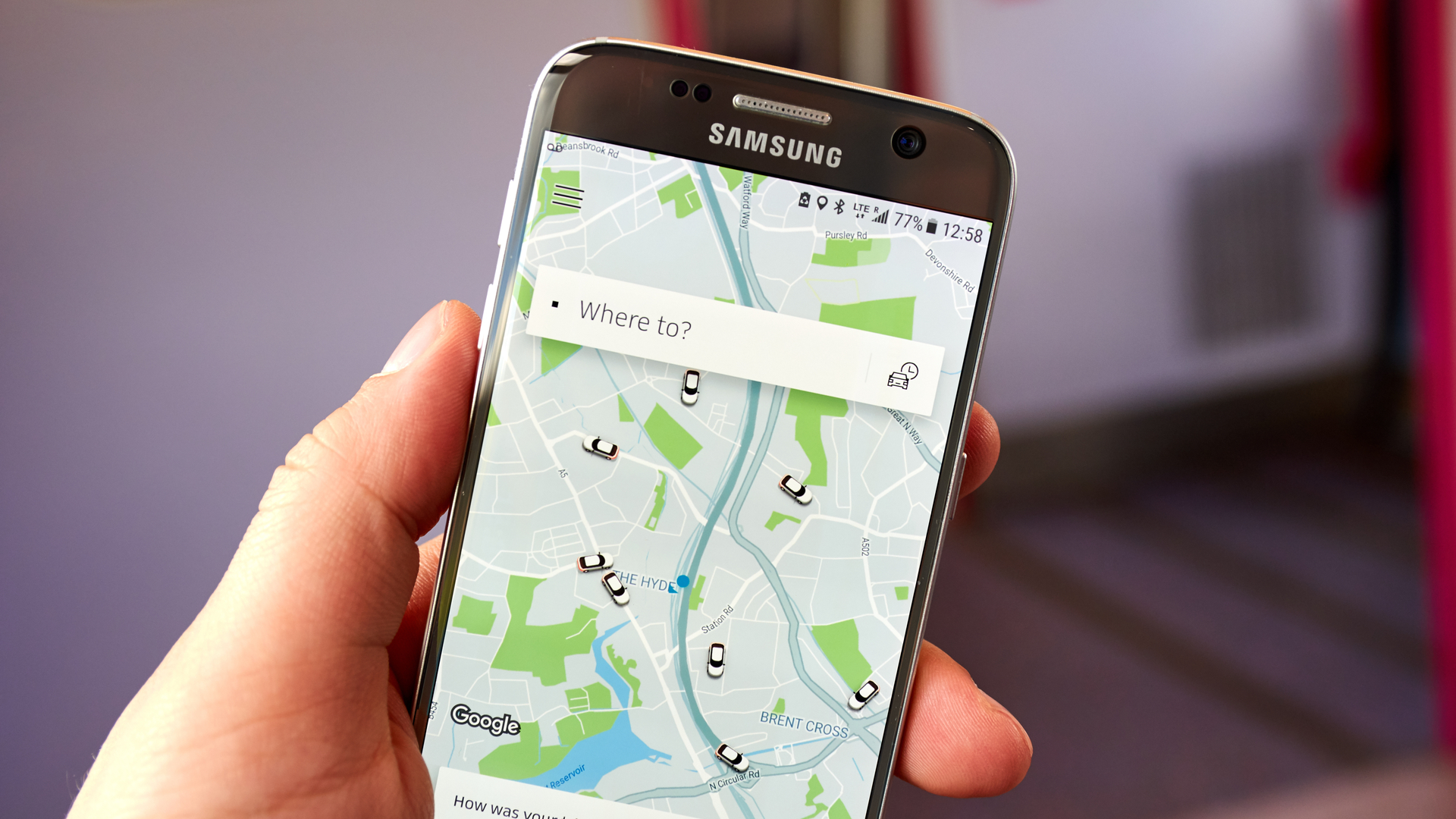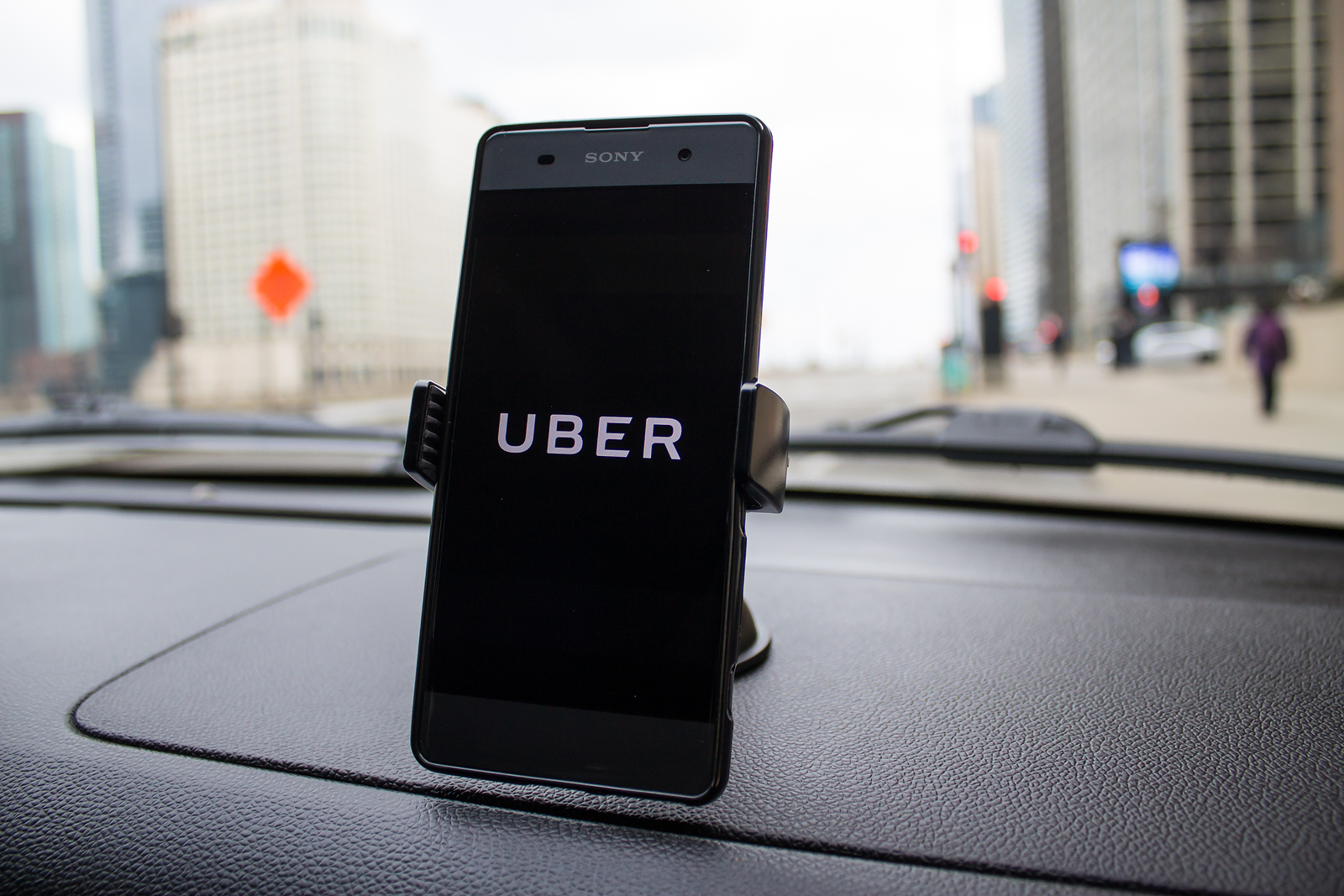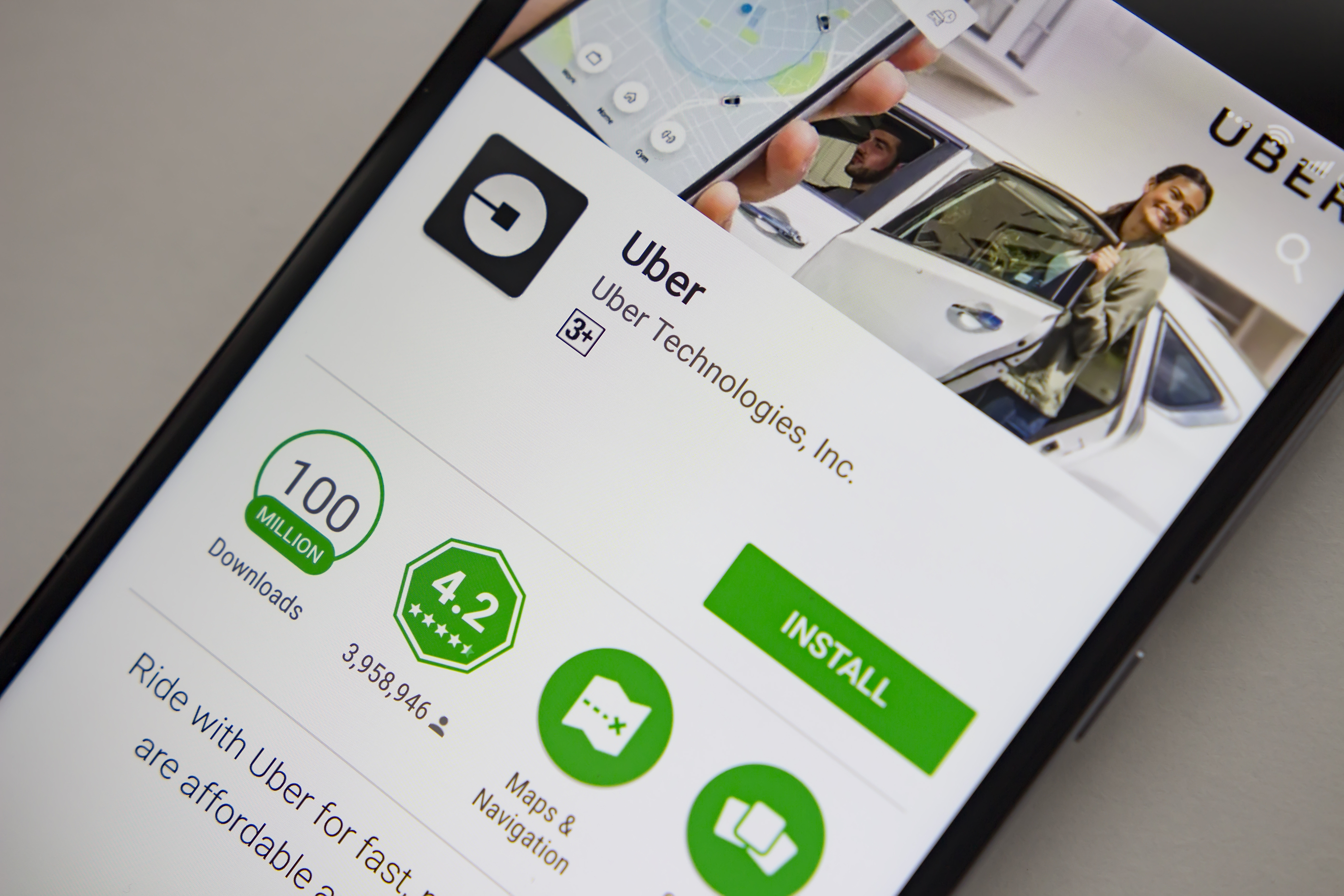Uber sued for alleged sex and racial discrimination
Three women from the company file a lawsuit claiming unequal pay and benefits

Three female software engineers filed a lawsuit against Uber in San Francisco on Tuesday, claiming the company discriminates against women and ethnic minorities.
Ingrid Avendano, Roxana del Toro Lopez and Ana Medina, who filed the lawsuit, all claim they have lost earnings, benefits and promotions because of their gender and race.
The lawsuit states Uber used a employee ranking system that is "not based on valid and reliable performance measures", and favours white, male employees, as well as those of [East] Asian origin. It further claims that women, Latino, Native American, and black employees, are given lower performance scores on this system, which makes it more difficult for these groups to grow and advance professionally.
The lawsuit also claims that women and ethnic minorities lose out on pay rises, bonuses, stock options and other benefits because of the company's discriminatory practices.
"These three engineers are seeking to ensure that Uber pays women and people of color equally for the hard work they've done and will continue to do to help make Uber successful," said lawyer Jahan Sagafi of Outten & Golden which is representing the plaintiffs, as reported by Reuters.
While Medina is still employed at Uber, Avendano and Toro Lopez recently resigned after more than two years with the company.
This lawsuit is another in a long line of problems Uber has been facing with the treatment of its employees, including former Uber engineer Susan Fowler's allegations of systemic sexism at the company, which she detailed in a blog post.
Get the ITPro daily newsletter
Sign up today and you will receive a free copy of our Future Focus 2025 report - the leading guidance on AI, cybersecurity and other IT challenges as per 700+ senior executives
Uber has declined to comment on the lawsuit.
-
 Asus ZenScreen Fold OLED MQ17QH review
Asus ZenScreen Fold OLED MQ17QH reviewReviews A stunning foldable 17.3in OLED display – but it's too expensive to be anything more than a thrilling tech demo
By Sasha Muller
-
 How the UK MoJ achieved secure networks for prisons and offices with Palo Alto Networks
How the UK MoJ achieved secure networks for prisons and offices with Palo Alto NetworksCase study Adopting zero trust is a necessity when your own users are trying to launch cyber attacks
By Rory Bathgate
-
 Uber secures 30-month licence to operate in London
Uber secures 30-month licence to operate in LondonNews This comes after a regulatory battle between Uber and TfL dating back to 2017
By Zach Marzouk
-
 Uber wins license to operate in London after ‘plugging IT gaps’
Uber wins license to operate in London after ‘plugging IT gaps’News The ride-hailing firm was previously in trouble for failings in the way it manages and releases software updates
By Keumars Afifi-Sabet
-
 Uber claims it makes London "safer" in TfL licence battle
Uber claims it makes London "safer" in TfL licence battleNews The ride-hailing service says it has improved systems to verify drivers' insurance documents and identification
By Carly Page
-
 Court orders Uber and Lyft to consider drivers as employees
Court orders Uber and Lyft to consider drivers as employeesNews California judge sides with state and city attorneys on preliminary injunction about how to classify gig workers
By Nicole Kobie
-
 Uber reportedly in talks to buy Postmates in $2.6 billion deal
Uber reportedly in talks to buy Postmates in $2.6 billion dealNews Sources say that a deal between Uber and Postmates could be announced soon
By Sarah Brennan
-
 York becomes the third UK city to reject Uber
York becomes the third UK city to reject UberNews York, Sheffield and London have effectively banned the service from operating
By Dale Walker
-
 Uber loses appeal over UK worker rights
Uber loses appeal over UK worker rightsNews The Employment Appeal Tribunal has decided to uphold its ruling that Uber drivers be classed as workers
By Thomas McMullan
-
 Uber's HR chief never discussed sexism concerns with whistleblowing engineer
Uber's HR chief never discussed sexism concerns with whistleblowing engineerNews Liane Hornsey says there'd be no benefit in meeting with Susan Fowler - report
By Joe Curtis